Smartphones could soon get X-ray vision

Imagine having a phone that gives you the ability to look through walls. According to IEEE Xplore (via CBS News), a project that has been in the works for 15 years continues progressing. The goal is to develop a chip that allows smartphone users to see through solid surfaces similar to X-rays. But the latter is harmful to humans so instead of actually using X-rays, the phone uses signals in the 200 GHz to 400 GHz range.
So far, tests have shown that the technology can see through dust, dense fog, and airborne particles that light normally won't penetrate. In a more recent test, researchers were able to look through a cardboard sheet. Before we get too excited about this, the report notes that it could be only a few years before smartphone users will be able to see through walls and objects using gigahertz signals.
The technology is being developed at the University of Texas at Dallas. Dr. Kenneth O, a professor of electrical engineering at UT Dallas and director of the Texas Analog Center of Excellence, is one of the authors of a report detailing the latest advances made by researchers. Dr. O said, "I don't know if you remember the movie 'Forrest Gump,' but there's a quote: 'Life is like a box of chocolates; you never know what you're going to get.' But now? You'll know."
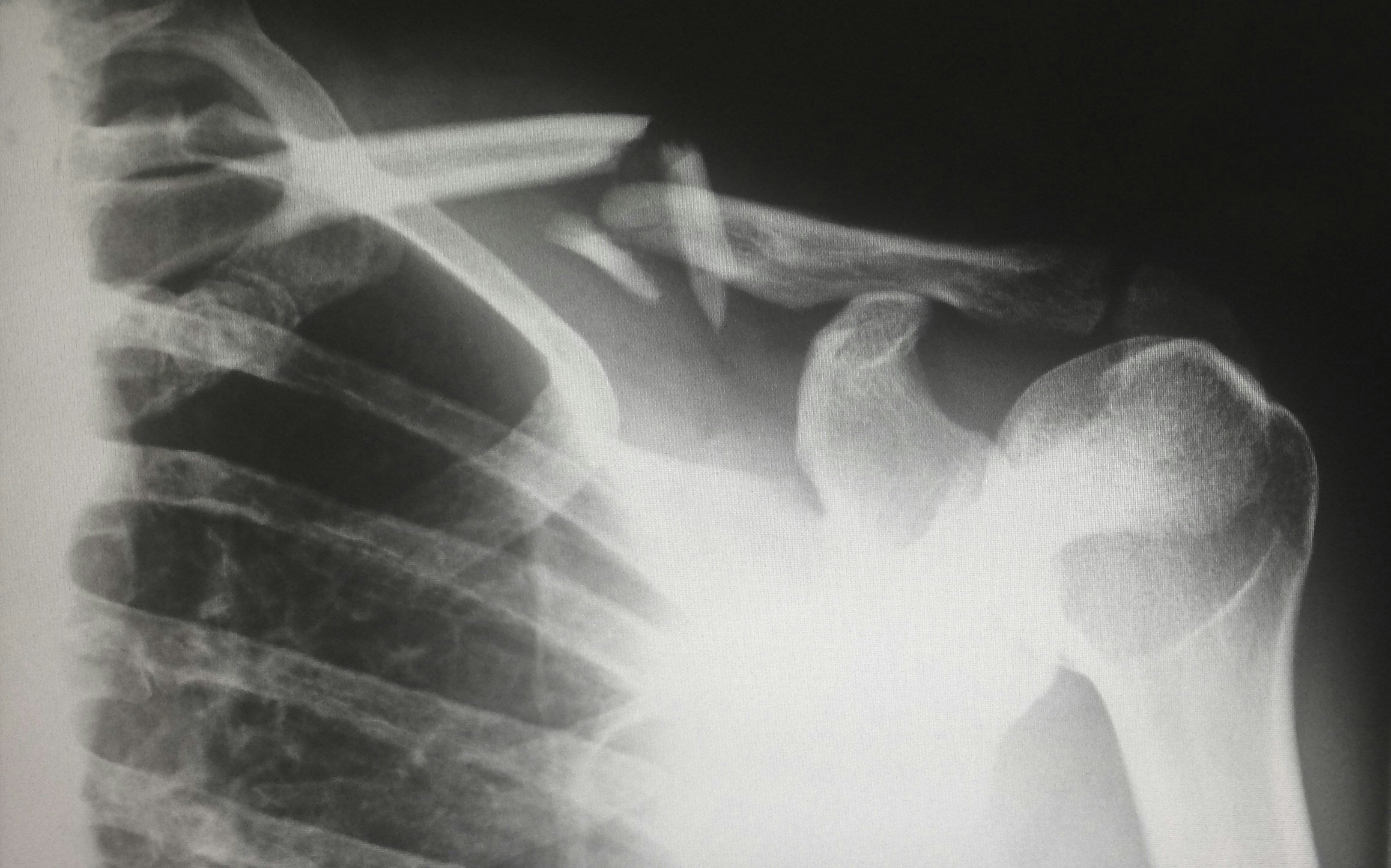
Researchers are working on technology that allows smartphone users to look through solid objects.
"The superheroes like Superman – we all grew up with that," Dr. O said. "To be able to see through things, the X-ray vision was something always exciting and inspiring." The professor also notes that "You should be able to just scan normally how you'd scan and be able to easily capture the image."
One of the issues with the technology currently available is that it takes hours to get an image that looks through an object because of the number of pixels involved. But Dr. O says that with the right amount of funding, this technology could provide instantaneous images and could be available for smartphones in just a few years. He said, "The fundamental technology is there. I'd really like to make it so it's for everybody."
Eventually, smartphones with these chips will be able to look inside envelopes and packages. Such devices could also be used by hospitals to check patients' hydration levels. Right now, the technology requires that the object that the phone seeks to look through be placed no more than an inch away from the device. This prevents a thief from standing far away from his target in order to secretly use the technology to look through a person's suitcase or bag to discover personal information..

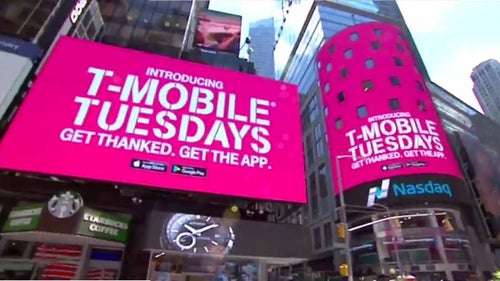


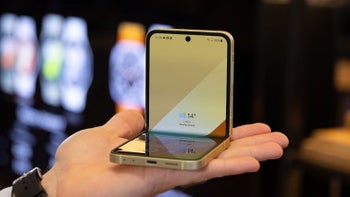
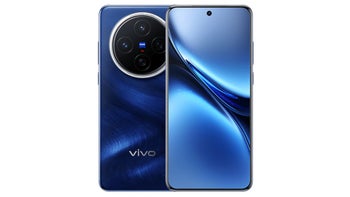
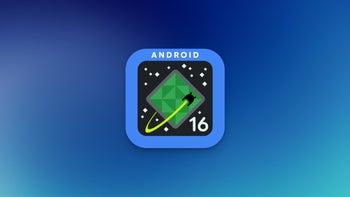
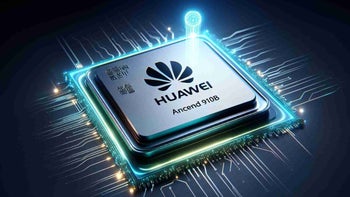
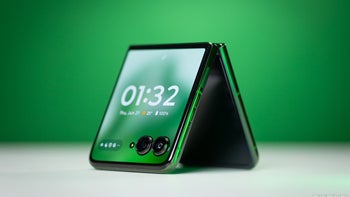
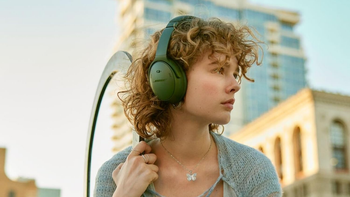
Things that are NOT allowed: